detail profile stanley lebor
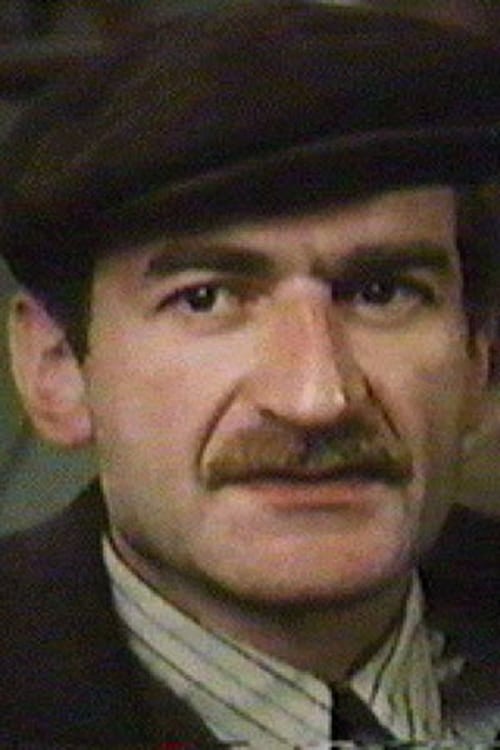
Riwayat Hidup
Stanley Harvey Lebor (24 September 1934 – 22 November 2014) was an English actor.
He was best known for his roles as Howard Hughes in the 1980s BBC TV comedy series Ever Decreasing Circles, the Mongon Doctor in Flash Gordon (1980), and as RSM Lord in A Bridge Too Far (1977).
Before this he was better known for villainous roles in series such as Jason King and The Tomorrow People.
Info Pribadi
Peran Yang Di Mainkan Stanley Lebor
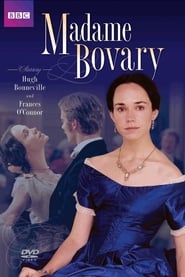 A young woman in her late...
A young woman in her late...Madame Bovary 2000
A young woman in her late teens, a reader of novels and with high hopes of romance and passion, marries a widowed country doctor. Although he dotes on her, she is soon bored and discontent. First, she gives her imagination to a law student in town, and next she takes a lover. When he refuses to run away with her, she takes up again with the law clerk. Her spending on dresses and furnishings mounts; these debts and her ill-advised professional counsel to her husband bring his ruin.
 With global superpowers engaged in an...
With global superpowers engaged in an...Superman IV: The Quest for Peace 1987
With global superpowers engaged in an increasingly hostile arms race, Superman leads a crusade to rid the world of nuclear weapons. But Lex Luthor, recently sprung from jail, is declaring war on the Man of Steel and his quest to save the planet. Using a strand of Superman's hair, Luthor synthesizes a powerful ally known as Nuclear Man and ignites an epic battle spanning Earth and space.
 The story of the rise of...
The story of the rise of...Personal Services 1987
The story of the rise of a madame of a suburban brothel catering to older men, inspired by the real experiences of Cynthia Payne. The story follows Christine Painter as the down-at-heel waitress who, with the help of prostitute Shirley and cross-dressing Wing Commander Morten, seeks to up her earnings by turning her suburban home into a brothel. Before long she and her girls are chaining up judges, spanking Generals and attending to the needs of Honourable Members. Christine sees herself as providing a vital service to these harmless pervs and when finally the house is busted and the case comes to court, it's fair to say that the presiding judge isn't unfamiliar with her work.
 In the early years of the 20...
In the early years of the 20...Gandhi 1982
In the early years of the 20th century, Mohandas K. Gandhi, a British-trained lawyer, forsakes all worldly possessions to take up the cause of Indian independence. Faced with armed resistance from the British government, Gandhi adopts a policy of 'passive resistance', endeavouring to win freedom for his people without resorting to bloodshed.
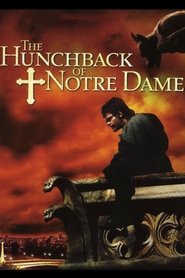 Quasimodo the hunchback bellringer of Notre...
Quasimodo the hunchback bellringer of Notre...The Hunchback of Notre Dame 1982
Quasimodo, the hunchback bellringer of Notre Dame's cathedral, meets a beautiful gypsy dancer, Esmeralda, and falls in love with her. So does Quasimodo's guardian, the archdeacon of the cathedral, and a poor street poet. But Esmeralda's in love with a handsome soldier. When a mob mistakes her for a witch, it's up to Quasimodo to rescue her and claim sanctuary for her in the cathedral.
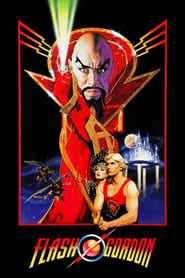 A football player and his mates...
A football player and his mates...Flash Gordon 1980
A football player and his mates travel to the planet Mongo and find themselves fighting the tyranny of Ming the Merciless to save Earth.
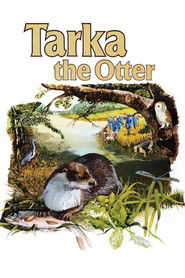 Set in the English countryside of...
Set in the English countryside of...Tarka the Otter 1979
Set in the English countryside of the 1920s - when otter hunting was still legal - this film follows the life of Tarka the Otter from his birth into adulthood. We witness his close shaves, and his struggle with a man who tries to keep our furry hero as a pet.
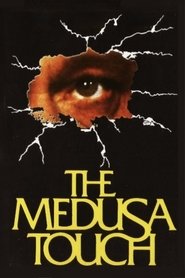 A French detective in London reconstructs...
A French detective in London reconstructs...The Medusa Touch 1978
A French detective in London reconstructs the life of a man lying in hospital with severe injuries with the help of journals and a psychiatrist. He realises that the man had powerful telekinetic abilities.
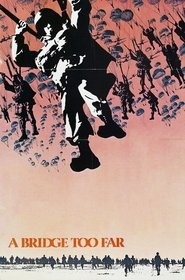 The story of Operation Market Gardena...
The story of Operation Market Gardena...A Bridge Too Far 1977
The story of Operation Market Garden—a failed attempt by the allies in the latter stages of WWII to end the war quickly by securing three bridges in Holland allowing access over the Rhine into Germany. A combination of poor allied intelligence and the presence of two crack German panzer divisions meant that the final part of this operation (the bridge in Arnhem over the Rhine) was doomed to failure.
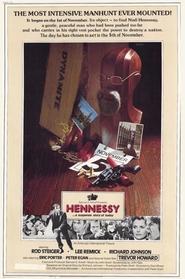 Former Irish Republican Army member Niall...
Former Irish Republican Army member Niall...Hennessy 1975
Former Irish Republican Army member Niall Hennessy lives in Belfast, Ireland, with his wife and daughter amid the ongoing Irish-British conflict. Though he still knows people in the IRA, including fugitive leader Tobin, Niall has given up his violent ways. One day his family is caught in a chaotic street shootout and killed by British forces. Overwhelmed with rage and hunted by a Scotland Yard inspector, Niall heads to London to exact his deadly revenge.
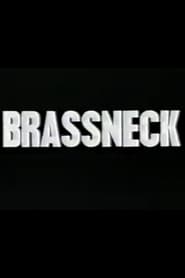 Through the story of a single...
Through the story of a single...Brassneck 1975
Through the story of a single family, Brassneck traces a history that parallels the Labour Party's advent to power in 1945 through to the property speculation of the 1960s and the disillusionment with the Labour government in the early 1970s. Like most of the early work of the writers, David Hare and Howard Brenton, committed radical (if not revolutionary) socialists throughout the 1970s, it is a satirical attack on capitalist greed and corruption, full of savage, and often disturbing, humour.
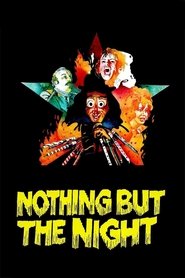 When various trustees of the Van...
When various trustees of the Van...Nothing But the Night 1973
When various trustees of the Van Traylen Orphanage begin dying in close order, it's at first written off as a coincidence. But, when a school bus accident very nearly takes out three more of them along with a group of orphans, Col. Bingham and his pathologist friend, Mark, begin looking into the deaths. They come to think the answer lies with one of the girls on the bus, who has vivid memories of things she could not possibly have seen.
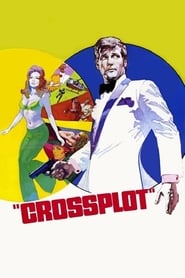 A successful London adexec hires a...
A successful London adexec hires a...Crossplot 1969
A successful London ad-exec hires a beautiful Hungarian girl to pose for some modeling shots, little realising that she has overheard an assassination plot and is now being hunted by some dangerous killers.
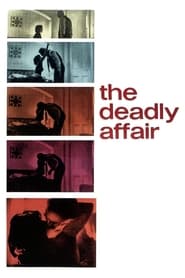 Charles Dobbs is a British secret...
Charles Dobbs is a British secret...The Deadly Affair 1967
Charles Dobbs is a British secret agent investigating the apparent suicide of Foreign Office official Samuel Fennan. Dobbs suspects that Fennan's wife, Elsa, a survivor of a Nazi Germany extermination camp, might have some clues, but other officials want Dobbs to drop the case. So Dobbs hires a retiring inspector, Mendel, to quietly make inquiries. Dobbs isn't at all sure as there are a number of anomalies that simply can't be explained away. Dobbs is also having trouble at home with his errant wife, whom he very much loves, having frequent affairs. He's also pleased to see an old friend, Dieter Frey, who he recruited after the war. With the assistance of a colleague and a retired policeman, Dobbs tries to piece together just who is the spy and who in fact assassinated Fennan.
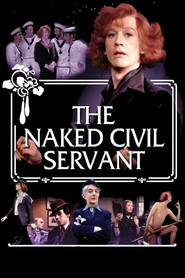 Story of the life of Quentin...
Story of the life of Quentin...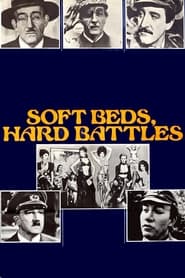 In this comedy set during the...
In this comedy set during the...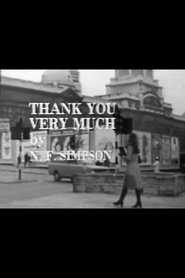 A social satire in which advertisers...
A social satire in which advertisers...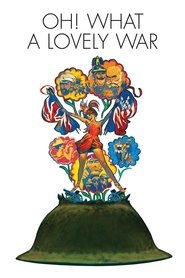 The workingclass Smiths change their initially...
The workingclass Smiths change their initially...